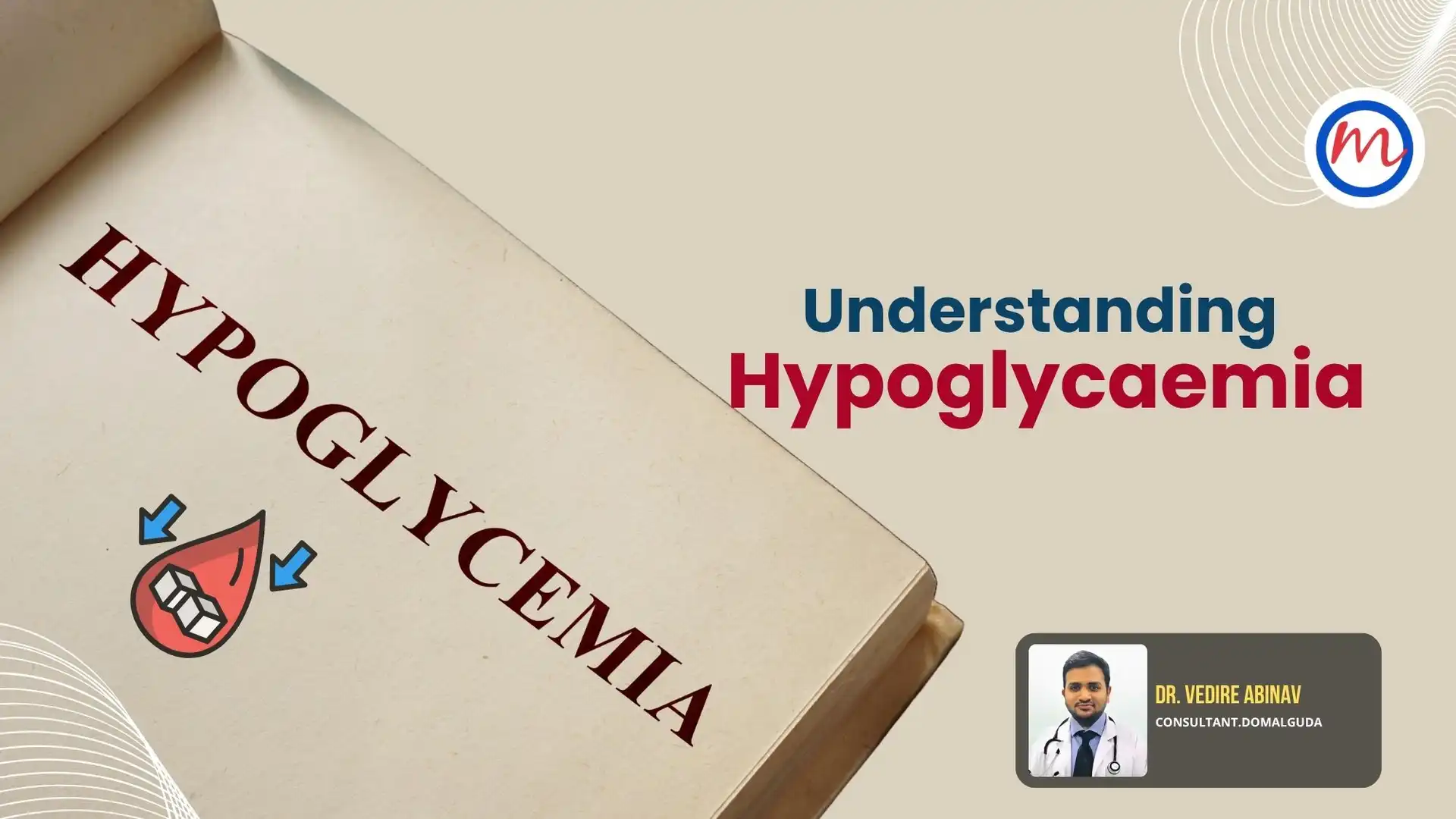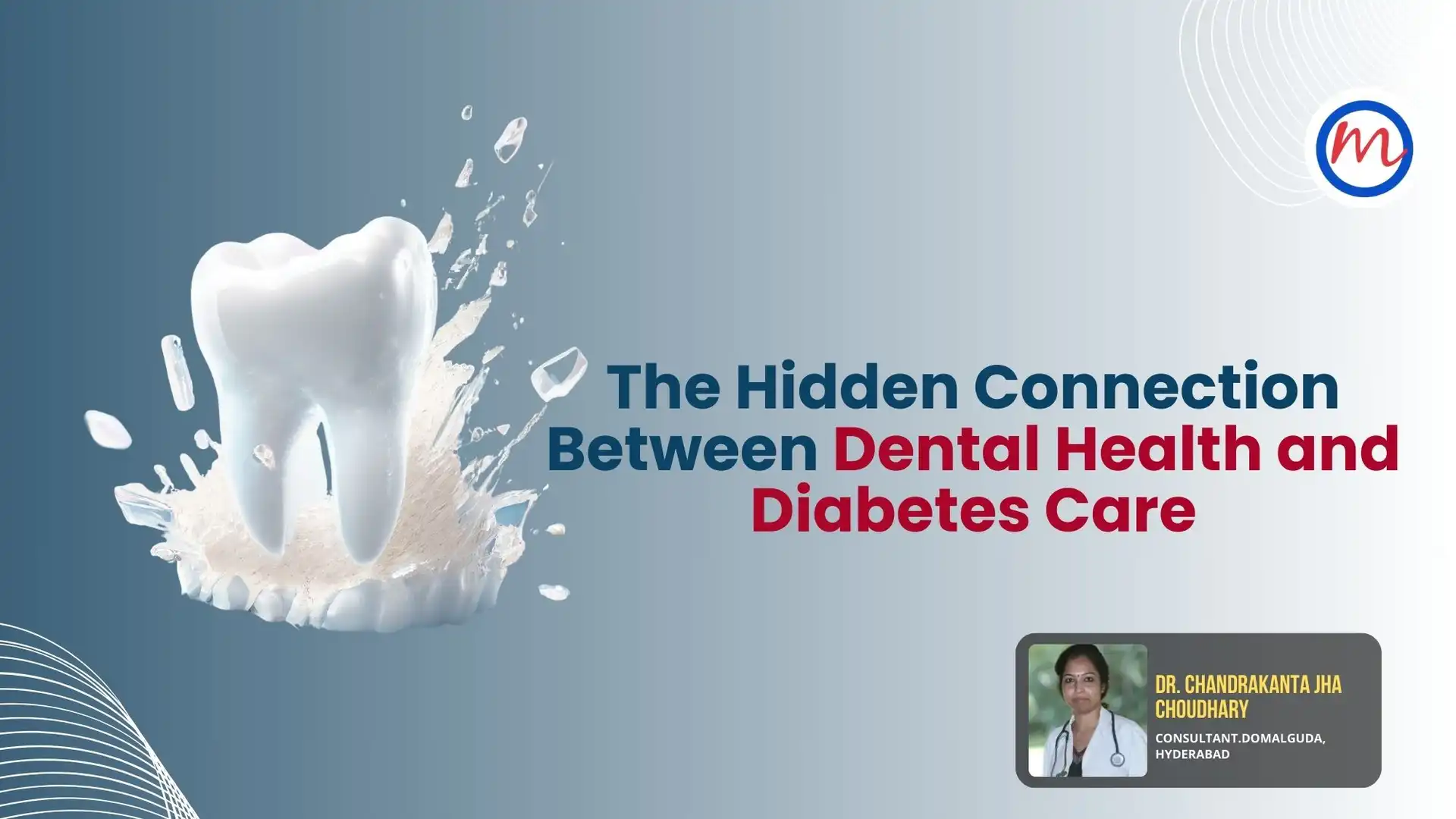Understanding Hypoglycaemia: Causes, Emergency Management, and Prevention
Hypoglycaemia refers to a condition in which blood glucose (sugar) levels fall below the normal range, typically under 70 mg/dL. This drop can lead to symptoms such as trembling, confusion, dizziness, sweating, and in severe cases, loss of consciousness. Although it is often linked with diabetes, hypoglycaemia can occasionally occur in individuals without the condition. Prompt recognition and appropriate action are critical in managing this potentially dangerous situation.
Types of Non-Diabetic Hypoglycaemia
There are two primary types of hypoglycaemia that can occur in individuals without diabetes:
- Reactive hypoglycaemia: Occurs within a few hours after eating.
- Fasting hypoglycaemia: May arise due to certain medications or underlying health conditions during prolonged periods without food.
Common Causes of Low Blood Sugar
- Diabetes Medication: Insulin or other glucose-lowering drugs can reduce blood sugar excessively if not properly managed.
- Missed Meals: Skipping meals or delayed eating, especially after physical activity, can result in a drop in glucose levels.
- Alcohol Consumption: Drinking alcohol, particularly on an empty stomach, can disrupt the body’s ability to maintain stable glucose levels.
- Strenuous Physical Activity: Intense or prolonged exercise can deplete blood sugar unless offset with adequate nutrition.
- Illness or Infection: Conditions that affect appetite or disrupt regular medication schedules can influence blood sugar balance.
- Kidney Dysfunction: In individuals with diabetes, impaired kidney function can enhance the action of medications, increasing the risk of hypoglycaemia.
Recognising the Signs of Hypoglycaemia
Symptoms may vary, but commonly include:
- Shaking or trembling
- Excessive sweating
- Irritability or mood changes
- Dizziness or light-headedness
- Weakness or fatigue
- Rapid heartbeat
- Difficulty focusing or confusion
- Headache
- Hunger or nausea
- Blurred vision
Severe hypoglycaemia may present with:
- Loss of consciousness
- Seizures
- Disorientation or inability to respond
- Abnormal behaviour resembling intoxication
Some individuals, especially those with long-standing diabetes, may develop hypoglycaemia unawareness, where symptoms do not appear until glucose levels are dangerously low. This makes regular monitoring even more crucial.
Emergency Management of Low Blood Sugar
If you or someone else is suspected of having low blood sugar, take immediate steps:
Step 1: Check Blood Glucose
Use a glucometer to confirm if blood sugar is below 70 mg/dL.
Step 2: Consume Quick-Acting Carbohydrates
Consume around 15 grams of fast-absorbing carbohydrates, such as:
- Glucose tablets (as per package instructions)
- ½ cup (120 ml) of fruit juice (like orange or apple)
- 1 cup of non-diet soft drink
- 1 tablespoon of honey or sugar
- Sugar-based hard candies (avoid sugar-free)
Avoid foods high in fat or protein at this stage, as they slow down glucose absorption.
Step 3: Wait and Recheck (The 15-15 Rule)
Wait 15 minutes, then recheck blood sugar. If it’s still low, repeat the 15 grams of carbohydrates. Continue this cycle until glucose levels return to normal.
Step 4: Eat a Balanced Snack
Once blood sugar stabilises, consume a snack with carbohydrates and protein if your next meal is more than an hour away. For example:
- Whole grain toast with peanut butter
- An apple with a few nuts
- Cheese with crackers
Step 5: Seek Medical Assistance if Necessary
If the person does not regain alertness or is unconscious, call emergency services immediately. Do not attempt to feed them orally in this state.
Step 6: Consult Your Healthcare Provider
After a hypoglycaemic episode, it’s advisable to consult a doctor to investigate the cause and make necessary adjustments to medications, diet, or lifestyle.
Preventive Strategies for Hypoglycaemia
Preventing hypoglycaemia involves a proactive approach to lifestyle and medication management:
- Maintain Regular Eating Patterns: Have meals and snacks at consistent intervals, especially if you’re on medications that affect blood sugar.
- Monitor Blood Glucose Frequently: If you are managing diabetes, regular glucose checks help in identifying trends and preventing episodes.
- Stay Hydrated: Dehydration can interfere with normal glucose regulation—ensure adequate fluid intake.
- Be Prepared: Always carry glucose tablets, juice, or sugar-based snacks when travelling or exercising.
- Limit Alcohol Intake: Avoid drinking alcohol on an empty stomach and be cautious about how it may impact blood glucose.
- Adjust Nutrition Around Physical Activity: Eat a light snack before exercise and keep fast-acting carbohydrates handy during workouts, especially if they’re intense or prolonged.
Final Thoughts
Managing hypoglycaemia effectively involves knowing how to act during emergencies and implementing daily strategies to prevent it. Recognising early warning signs, responding with fast-acting carbohydrates, and following up with proper nutrition and medical advice are key steps. With the right awareness and planning, hypoglycaemia can be managed safely and efficiently, protecting both short- and long-term health.
Dr. V. Abinav Reddy
Consultant, Dr.Mohan’s Diabetes Specialities centre, Domalguda



